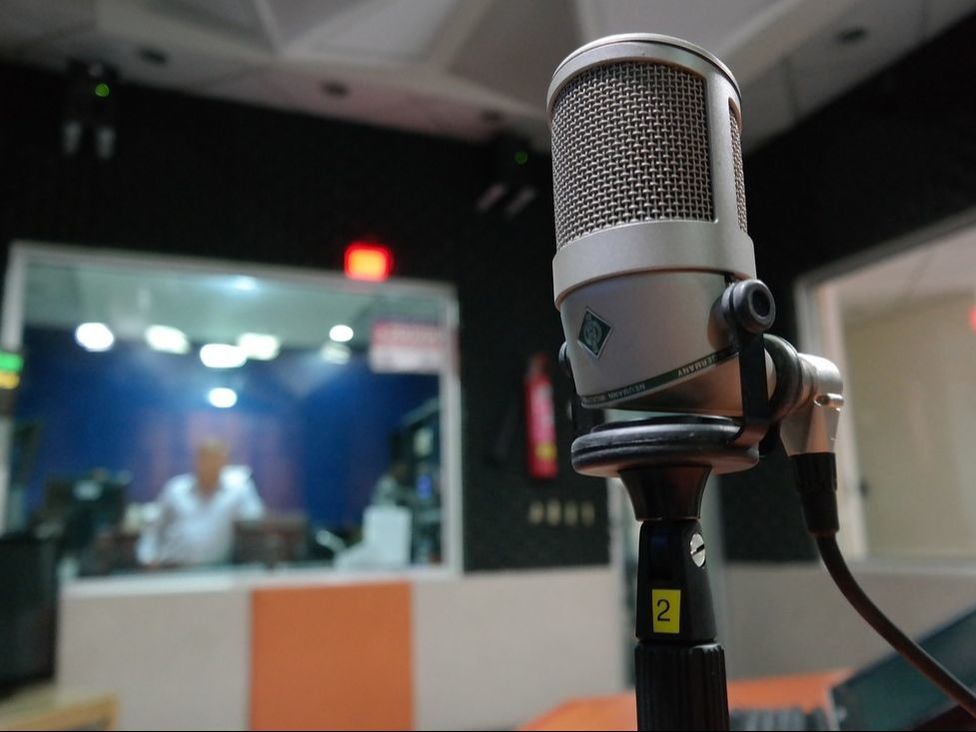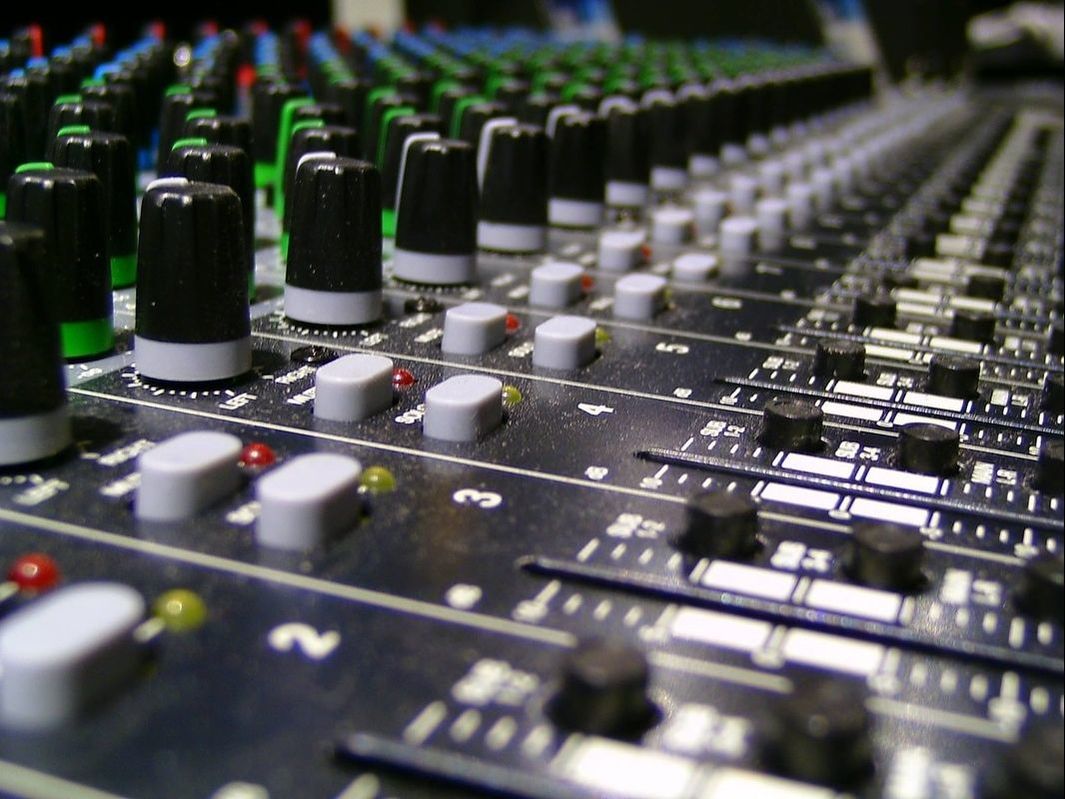
As I have developed as a singer I’ve become quite passionate about what I call vocal image and vocal self-esteem. In my role as a voice teacher I am constantly in contact with people who are seeking to improve their voices. However, there is a difference between improving vocal technique and wanting to change your voice all together. I call the latter vocal dysphoria.
Anecdotal experience tells me that vocal dysphoria is very common. Cultural stereotypes and the rise and fall of sound fads often lead people to wish that their voice could be more like someone else’s voice. Today men and women with lower voices often come across as more capable or more serious--even more sexy. A higher voice can make you sound young, ditzy, and incapable among other stereotypes. Other vocal quirks may also add to your vocal dissatisfaction. It can be frustrating to think that your voice may be the thing that is getting in the way of your success. In this way vocal image is incredibly similar to body image and self-esteem 
Another parallel with body image is the impact that technology has had on creating and fueling our vocal image. While most people are aware that the images they encounter in magazines and elsewhere have been photoshopped--and that these images often negatively direct our body images--I find that few are truly aware of how “photoshopped” the sounds they hear are. How often do you listen to real live music? Generally, people today are listening to recordings. Sure, they might realize (if they stop to think about it) that the song they’re listening to probably wasn’t the first recording. They probably know that the recording they’re hearing may have sections that have been cut and paste from multiple takes. They might even know about Auto-Tune and realize that the singer could have hit a few wrong notes. But I don’t think people often realize that the sound quality, the “singing” that they are listening to can be largely artificial.
Years ago when I was recording auditions for music school I had my first experience recording with a professional set-up. I recorded my songs in a small concert hall with my pianist and a sound technician. When I heard the recordings later I hated them. So, a few weeks later I found myself in a studio re-recording the vocal part. Listening to the new recordings I was again dismayed. Why had anyone ever told me I had a good voice? I sounded young and raw--there were so many vocal flaws, parts of the song where my placement changed and my voice wanted to “pop.” I was extremely frustrated. When I talked to the sound technician about it he said “Okay, wait, how about this?” I still don’t know what he did, but magically, my voice was wonderful! I didn’t hear anymore “pops,” and my voice was deep and rich with wonderful “echoey” resonance. I loved it.
This was my first real encounter with my own poor vocal image. It was also my first encounter with the solutions that technology presented me. I am extremely grateful that even then I realized that I didn’t want technology to fix my problems for me. Now, years later, I know that a trained ear would have heard what the sound technician had done. Who knows if I would have gotten into my music program? Then, however, I just knew that I wanted to present the real me with my real voice to be evaluated. Sure, I really wanted to get into the music program (my original application had been rejected, but that’s another story), however, I didn’t want to “cheat” to get in. I told the sound technician thanks but no thanks, and sent in the unedited version of my recordings. After I had graduated I began to teach. One of my most alarming experiences as a teacher was working with a young mother. She said that she wanted to sing to her kids but hated her voice. After working with her for a few weeks, she admitted that she really loved Katy Perry’s voice and wanted to sound like her. I thought about this throughout the entire week and was more and more disturbed the more I thought about it. I hadn’t really stopped to think about the impact technology has on our vocal ideals before, but that week I realized that the ideal she had in her mind was literally unattainable. She could never hope to produce the sound she regularly listened to because it was fake. It was an altered computer-enhanced sound. At the core it was singing, but the finished product was not an entirely human sound. Since that time I’ve worked with countless singers and public speakers who all want to sound like someone else for one reason or another. I’m going to give it to you straight. You will probably never sound like your vocal idol. Especially if your vocal idol sings popular music with any form of technology, even a simple microphone. That doesn’t mean you can’t or shouldn’t enjoy his or her voice, but you need to be realistic when forming expectations of yourself. There are many factors that go into determining the kind of sound you produce, but one of them is simply the size and shape of your instrument, your body. Learn to love your instrument. There are so many things you can do to produce a beautiful you sound. Just like exercise will make you feel better and may impact the way you look, vocal training and exercises will strengthen your instrument and make it the best it can be. But exercise never changed anyone’s bone structure or skin color. Those are the things that make you you. Your voice should sound like you. If you’re 16, you should sound 16 not 30. If you’re a soprano, you’re not going to be able to sing low songs as well as an alto would, and that’s just fine. Set reasonable expectations for you and your vocal development. A good teacher can help you to do that. I think our culture has lost something musically even as we’ve gained opportunities technologically. When was the last time you listened to someone sing without any sort of technology involved? How long has it been since you listened to someone’s mistakes because they couldn’t be edited out? And can you enjoy listening to music with mistakes in it? One of the reasons I love “Louie Louie” by the Kingsmen is for the mistake (wrong/early entrance) you can hear at 1:57 in their recording
Do we really need polished perfection in order to appreciate music? I hope not. I often ask my students to evaluate themselves in a lesson, and as much as they may want to list all of their faults I make them list three things that went well in any given run-through. Imperfection is part of life. I don’t mean that as an excuse to simply give up improving, but perfection paralysis is just as detrimental to progress as giving up. Sing because you love to sing, because it feels good to sing and because you can use it as an expressive outlet, not because you need to impress anyone else. That’s a form of codependence, so cut it out. Love your voice, do everything you can to take care of it, and have fun. Your voice is distinctly you, and there’s beauty in that.
0 Comments
|
AuthorSinger, writer, mother, yogi, wife and chocolate enthusiast. Archives
January 2022
Categories |



 RSS Feed
RSS Feed